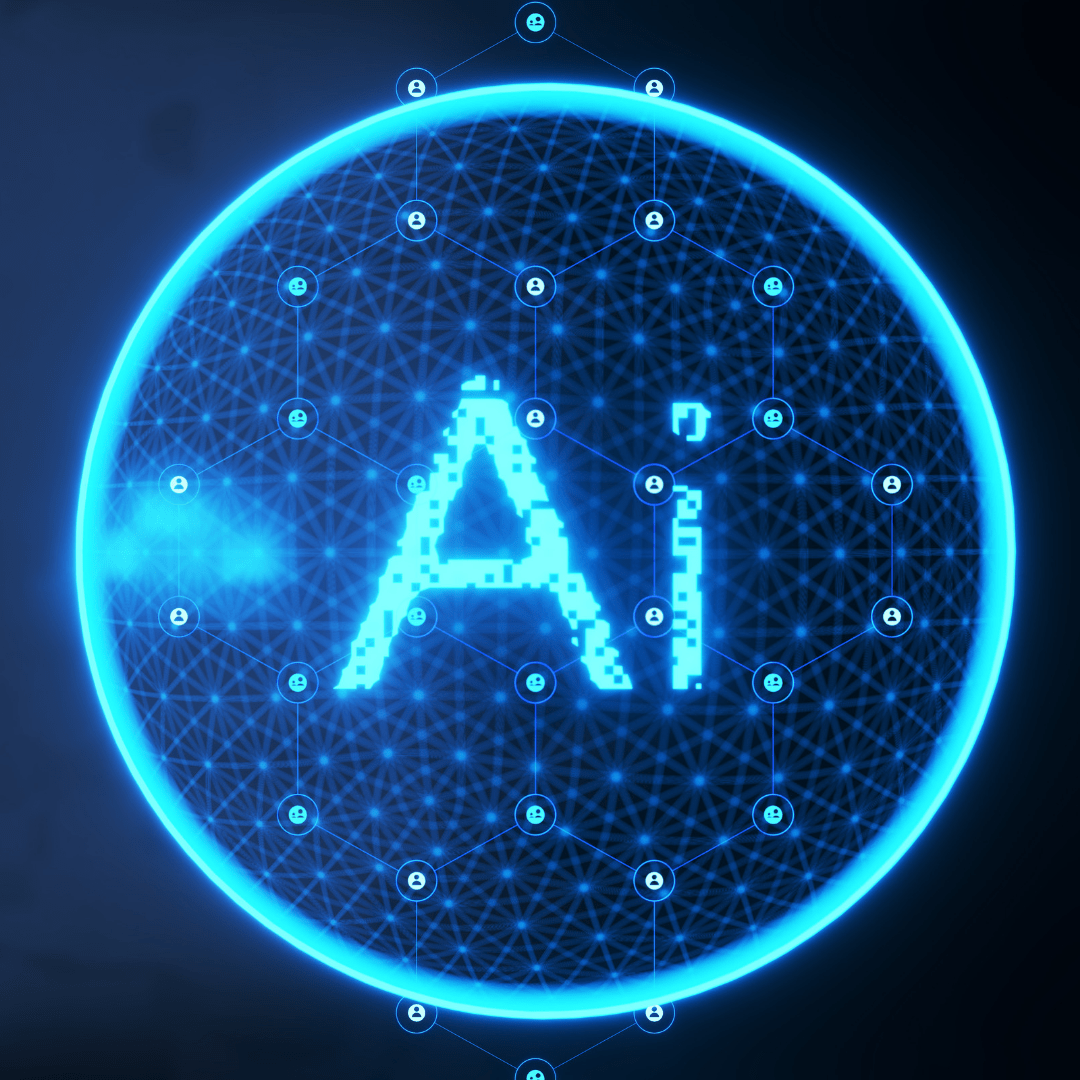Table of Contents
Artificial Intelligence (AI) has become a game-changing influence, completely transforming industries and revolutionizing the dynamics of our daily lives and professional endeavours. From healthcare to finance, education to entertainment, Artificial Intelligence is revolutionizing processes, driving innovation, and unlocking new possibilities. In this article, we’ll delve into ten exciting developments in Artificial Intelligence that are shaping the future and impacting various aspects of society.
1. Artificial Intelligence in Healthcare
The healthcare sector is witnessing a remarkable transformation with the integration of Artificial Intelligence technologies. Machine learning algorithms are analyzing vast amounts of medical data to assist in disease diagnosis, treatment planning, and patient care. Artificial Intelligence-powered systems can detect subtle patterns in medical images, aiding in the early detection of diseases such as cancer. Additionally, Artificial Intelligence -driven predictive analytics is helping healthcare providers identify individuals at risk of certain medical conditions, enabling proactive interventions and personalized treatment plans.
2. Artificial Intelligence in Finance
In the realm of finance, Artificial Intelligence is revolutionizing operations and decision-making processes. Financial institutions are leveraging Artificial Intelligence algorithms to automate routine tasks, streamline processes, and enhance efficiency. Artificial Intelligence-driven predictive analytics are used to analyze market trends, identify investment opportunities, and optimize trading strategies. Moreover, chatbots and virtual assistants powered by Artificial Intelligence are transforming customer service in the banking and finance sector, providing personalized support and improving overall customer experience.
3. Artificial Intelligence in Education
Artificial Intelligence is reshaping the education landscape, offering personalized learning experiences tailored to individual student needs. Adaptive learning platforms utilize Artificial Intelligence algorithms to assess students’ strengths and weaknesses, delivering customized learning materials and activities. Virtual tutors equipped with natural language processing capabilities provide interactive learning experiences, offering real-time feedback and assistance. Additionally, Artificial Intelligence-powered educational tools enhance accessibility and inclusivity, catering to diverse learning styles and abilities.
4. Artificial Intelligence in Customer Service
Artificial Intelligence-powered chatbots and virtual assistants are revolutionizing customer service across various industries. These intelligent systems provide instant responses to customer inquiries, handle routine tasks, and streamline support processes. Natural language understanding and machine learning enable chatbots to engage in meaningful conversations, offering personalized assistance and resolving issues efficiently. By leveraging Artificial Intelligence technologies, businesses can enhance customer satisfaction, improve response times, and optimize resource allocation.
5. Artificial Intelligence in Transportation
The transportation sector is undergoing a significant transformation with the advent of Artificial Intelligence-powered technologies. Autonomous vehicles equipped with Artificial Intelligence algorithms navigate roads safely, promising enhanced safety and efficiency on the streets. Artificial Intelligence-driven traffic management systems optimize traffic flow, reduce congestion, and minimize travel time. Moreover, Artificial Intelligence-powered predictive maintenance solutions help transportation companies identify potential issues before they escalate, ensuring the reliability and availability of vehicles and infrastructure.
6. Artificial Intelligence in Entertainment
Artificial Intelligence is revolutionizing the entertainment industry, influencing content creation, curation, and consumption. Streaming platforms leverage Artificial Intelligence algorithms to analyze user preferences and behaviour, recommending personalized content to viewers. Artificial Intelligence-generated music and art push the boundaries of creativity, offering new forms of expression and entertainment. Additionally, Artificial Intelligence-driven content creation tools assist filmmakers, musicians, and artists in generating compelling and immersive experiences for audiences worldwide.
7. Artificial Intelligence in Agriculture
In agriculture, Artificial Intelligence technologies are driving efficiency, productivity, and sustainability. Precision farming techniques utilize AI-powered sensors and drones to monitor crop health, optimize irrigation, and minimize resource usage. Artificial Intelligence-driven predictive analytics help farmers make data-driven decisions regarding planting, harvesting, and pest management. Furthermore, Artificial Intelligence-powered robotics automate labour-intensive tasks such as planting, weeding, and harvesting, reducing operational costs and increasing yield.
8. Artificial Intelligence in Retail
Retailers are leveraging Artificial Intelligence technologies to enhance the shopping experience and drive sales. Artificial Intelligence-powered recommendation engines analyze customer preferences and purchase history to suggest personalized products and promotions. Virtual shopping assistants provide real-time assistance, answering product-related queries and offering styling advice. Artificial Intelligence-driven inventory management systems optimize stock levels, reduce out-of-stock instances, and improve supply chain efficiency. By harnessing the power of Artificial Intelligence, retailers can create tailored shopping experiences that resonate with customers and drive loyalty.
9. Artificial Intelligence in Cybersecurity
With the increasing threat of cyberattacks, Artificial Intelligence is playing a critical role in strengthening cybersecurity defences. Artificial Intelligence-powered threat detection systems analyze network traffic, detect anomalous behaviour, and identify potential security threats in real-time. Machine learning algorithms continuously learn from new data to adapt and evolve, enhancing the accuracy and effectiveness of cybersecurity solutions. Additionally, Artificial Intelligence-driven incident response tools automate the detection and mitigation of security incidents, enabling organizations to respond swiftly to emerging threats and minimize damage.
10. Artificial Intelligence in Environmental Conservation
Artificial Intelligence technologies are being deployed to monitor and protect the environment, aiding in conservation efforts and sustainable resource management. Remote sensing technologies equipped with Artificial Intelligence algorithms help monitor deforestation, track wildlife populations, and assess ecosystem health. Artificial Intelligence-driven predictive models analyze environmental data to forecast changes and inform conservation strategies. Furthermore, Artificial Intelligence drones and sensors facilitate wildlife monitoring and anti-poaching efforts, protecting endangered species and biodiversity hotspots.
Ethical Considerations of Artificial Intelligence
While Artificial Intelligence presents numerous benefits, it also raises ethical concerns regarding bias, privacy, and transparency. Addressing these issues is paramount to ensuring the responsible development and deployment of Artificial intelligence technologies. Stakeholders must prioritize ethical considerations, implement safeguards, and establish guidelines to mitigate potential risks and promote fairness and accountability in Artificial Intelligence systems.
Future Outlook of Artificial Intelligence
Looking ahead, the future of Artificial Intelligence holds immense promise for further advancements and innovations. As technology continues to evolve, Artificial Intelligence is poised to drive transformative changes across various domains, reshaping industries, and impacting society at large. Embracing the opportunities and addressing the challenges posed by Artificial Intelligence will be crucial in harnessing its full potential for the benefit of humanity.
Conclusion
The rise of Artificial Intelligence represents a paradigm shift in the way we perceive and interact with technology. From healthcare to finance, education to entertainment, Artificial Intelligence is reshaping industries, enhancing experiences, and driving innovation. By staying informed and actively engaging with Artificial Intelligence developments, individuals and organizations can harness the power of technology to address complex challenges, drive positive change, and shape a better future for generations to come.










